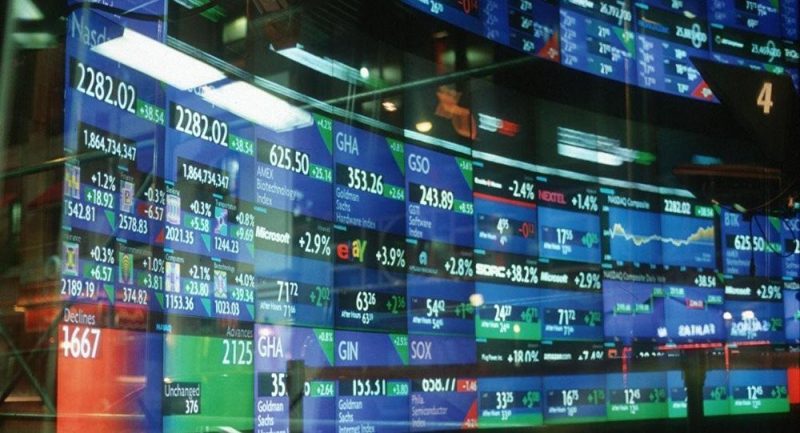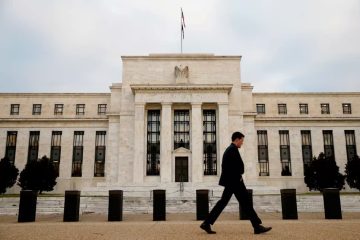Dollar retreats from 14-year high, euro regains $1.04 mark

LONDON : The dollar eased back on Wednesday from the 14-year high reached the previous day, taking a breather in a run that has seen it chalk up its entire gains for the year since the Nov. 8 U.S. presidential election.
The Swedish crown rose to a two-month high against the euro after the country’s central bank held its benchmark rate at -0.50 percent and extended its quantitative easing bond-buying program.
The dollar is up 4.5 percent this year against the euro and a basket of major currencies, rocketing more than 5 percent since the election on hopes President-elect Donald Trump’s administration will go ahead with tax cuts and fiscal spending.
With no major economic data or policymaker speeches scheduled and the Christmas holiday approaching, the euro dragged itself from Tuesday’s 14-year low back up to the $ 1.04 area.
Traders are casting an eye on Italy’s troubled bank Monte dei Paschi di Siena (BMPS.MI), which needs to raise 5 billion euros ($ 5.2 billion) by the end of the year to avoid being wound up by the European Central Bank.
The dollar could resume its climb later in the day, however, if the Dow Jones Industrials Average hits the psychological 20,000 level .DJI, analysts say.
“The euro is in a fight between short-covering pressure and political angst. Economics doesn’t come into it at all. If Dow 20,000 is just a number but a magnet all the same, euro parity with the dollar will be every bit as magnetic,” said Kit Juckes at Societe Generale. “We’ll get there and get over-excited before too long.”
At 0845 GMT the euro was up 0.2 percent at $ 1.0404 EUR=, having fallen as low as $ 1.0352 on Tuesday, a level last seen in January 2003.
The dollar was at 117.67 yen JPY=, one yen down from its 10 1/2-month high of 118.66 touched on Dec 15.
The dollar’s trade-weighted index against a basket of six major currencies .DXY, =USD fell 0.1 percent to 103.18. On Tuesday it hit a 14-year high of 103.65.
U.S. Treasury yields slipped on Wednesday. The 10-year yield was down a basis point on the day at 2.55 percent, and almost 10 basis points off last week’s two-year peak.
The Swedish crown strengthened after the Riksbank extended its QE by 30 billion crowns a month and said interest rates will probably start rising in 2018. This was broadly in line with market expectations.
The euro fell 0.4 percent to 9.6677 crowns, its lowest since October 11.

